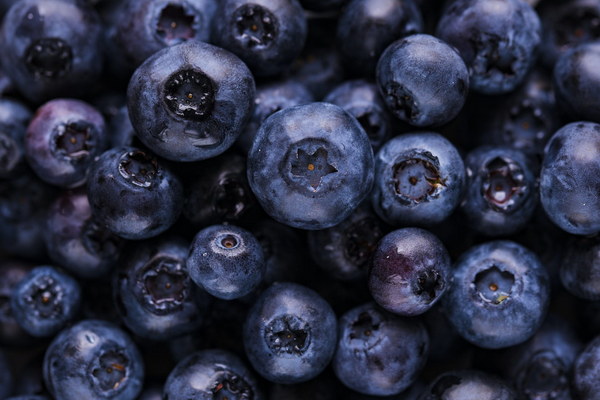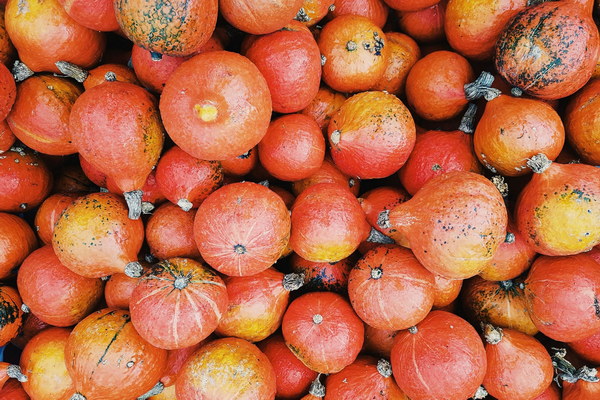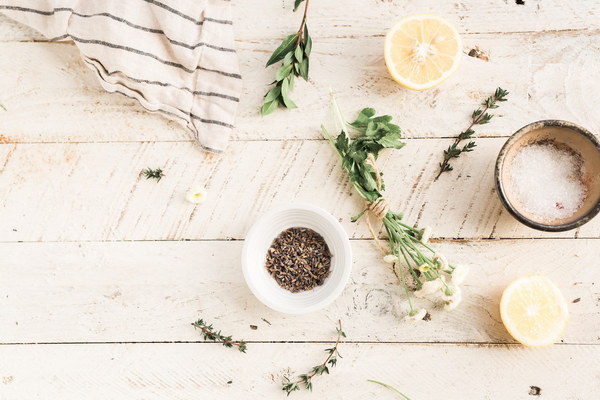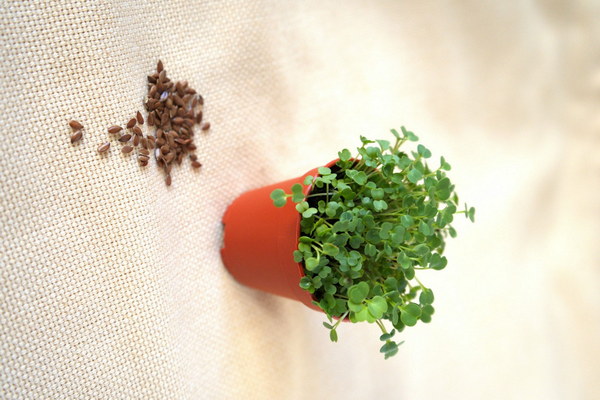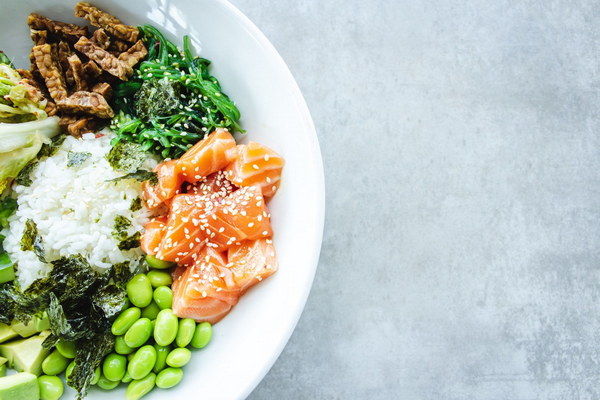Exploring Medicinal Remedies for Heat Dissipation Spleen and Liver Nourishment
In traditional Chinese medicine, the concept of balancing the body's internal environment through the use of herbal remedies is deeply rooted. One such holistic approach involves the use of medications that can dissipate heat, nourish the spleen, and support liver function. These remedies are designed to address specific imbalances within the body, aiming to restore harmony and promote overall health. Let's delve into the world of these wonder drugs and understand their properties, uses, and benefits.
Heat Dissipation: The Cooling Effect
Heat in traditional Chinese medicine refers to an excess of heat or Yang in the body, which can lead to various discomforts and diseases. Medications that dissipate heat aim to cool the body and alleviate symptoms such as fever, redness, swelling, and restlessness. Some common herbs used for heat dissipation include:
1. Huang Qin (Scutellaria baicalensis): Known as Baical skullcap, this herb is a potent coolant that clears heat and reduces inflammation. It is often used to treat fevers, sore throat, and skin disorders.
2. Zhu Ye (Phyllostachys edulis): Bamboo leaf is a cooling herb that can help reduce fever and promote urination. It is also used to treat constipation and edema.
3. Sheng Di Huang (Rehmannia glutinosa): This herb, also known as raw rehmannia, has cooling properties and is used to nourish the blood and yin. It is commonly prescribed for night sweats, hot flashes, and blood-related disorders.
Nourishing the Spleen: Building the Foundation

The spleen in traditional Chinese medicine is responsible for the transformation and transportation of nutrients, as well as the production of blood. When the spleen is weakened, symptoms such as fatigue, weakness, and bloating may arise. Herbs that nourish the spleen help to strengthen its function and improve overall health. Here are some key spleen-nourishing herbs:
1. Bai Zi Ren (Akebia trifoliata): Also known as Akebia seed, this herb is known for its spleen-nourishing properties. It is often used to treat weakness, anemia, and digestive issues.
2. Fu Ling (Poria cocos): Poria is a fungus that is widely used in traditional Chinese medicine for its spleen-nourishing and diuretic properties. It is believed to help with edema, constipation, and bloating.
3. Ren Shen (Panax ginseng): While not a spleen-specific herb, ginseng is renowned for its ability to boost the immune system and improve overall vitality. It is often used to strengthen the spleen and support other organ functions.
Supporting Liver Function: Harmonizing the Body
The liver plays a critical role in the metabolism of nutrients, the detoxification of the body, and the regulation of emotions. Medications that support liver function aim to promote the smooth flow of Qi (vital energy) and blood, as well as to relieve stagnation. Some liver-supporting herbs include:
1. Chai Hu (Bupleurum chinense): This herb is used to relieve liver Qi stagnation, which can manifest as mood swings, irritability, and menstrual disorders. It is also effective in treating jaundice and other liver conditions.
2. Mu Dan Pi (Melia toosendan): Also known as Chinese cork tree bark, this herb is used to clear liver heat and relieve skin disorders. It is also effective in treating liver Qi stagnation.
3. Huang Bai (Phellodendron amurense): Known for its liver-cleansing properties, Huang Bai is used to treat jaundice, hepatitis, and other liver-related issues.
Conclusion
The use of herbal remedies for heat dissipation, spleen nourishment, and liver support is a cornerstone of traditional Chinese medicine. These natural treatments aim to address the root causes of imbalances and promote holistic health. While these remedies can be effective, it is important to consult with a qualified healthcare provider before starting any new treatment regimen. By combining the wisdom of ancient traditions with modern understanding, we can explore the potential of these natural medicines in improving our well-being.
